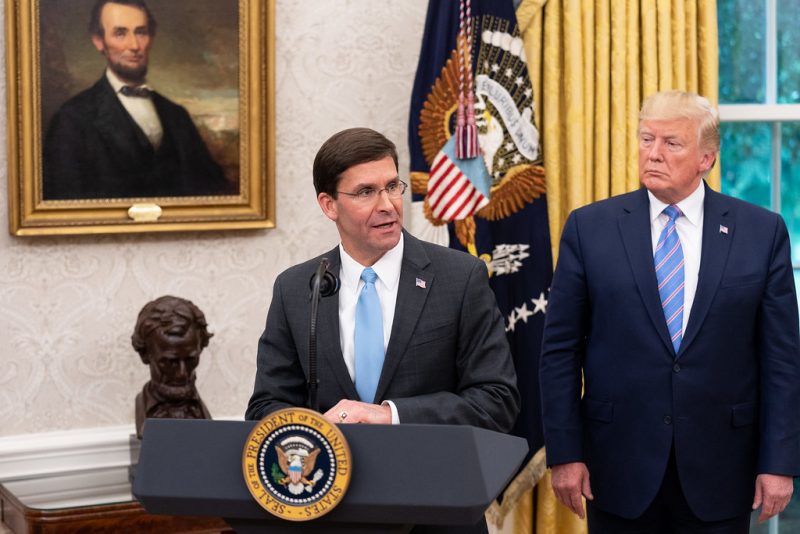An emergency meeting of European powers took place in Munich, Germany, on September 29–30, 1938, and an agreement was quickly reached– on Hitler’s terms. Mechanisms of dialogue have often opened the door to radically new formations in Europe, for better or worse.
Four decades later, the Cuban Missile Crisis, also known as the October Crisis of 1962, triggered the Cold War. Starting the following year, Washington and its allies have met in Munich every year to discuss global security risks. The Munich Security Conference (MSC) was initially referred to as a “Transatlantic Family Gathering” for a number of years before adopting its new name in 1999.
With the dissolution of the Soviet Union, the paradigm shifted and the “Transatlantic Family Gathering” opened its doors to the East, from India to China.
However, the initial ‘Munich Agreement’ is widely regarded as a failed act of appeasement, and the term has become “a byword for the futility of appeasing expansionist totalitarian states.”
It is perhaps appropriate then that this year’s 56th meeting was intended to address global security issues, but ended up as an excuse for the US to push its agenda on its European allies. US Secretary of State Mike Pompeo rejected the theme of the conference, “Westlessness”, claiming that the decline of the Western world order was being “exaggerated.”
Pompeo repeated his go to line that the real threat to Europe is the People’s Republic of China. The Secretary of State called the tech giant Huawei Beijing’s “Trojan horse.” US Secretary of Defense Mark Esper agreed, calling Huawei the “the poster child of China” and urging his European partners to “take the steps back” before they “regret” the decisions they make regarding the tech giant. Esper believes that the Chinese Communist Party (CCP) will be able to use Huawei’s 5G infrastructure to monitor communications between Western countries, but history paints a different picture.

Flickr
US espionage
Although it is not yet clear if European countries will give in to these threats, it is clear that Washington’s argument is far from persuasive, and rather ironic given Washington’s long and dark track record of espionage.
For example: Wikileaks documents revealed that the National Security Agency (NSA) has spied on high ranking figures in Germany, France, Japan and Brazil over the years, while the Washington Post reported just last week that the US had kept tabs on more than 130 countries “through a private company.”
This is part of why China’s Foreign Minister Wang Yi emphasized the fact that “if we change the subject of this lie from China to America, the lies become facts.”
“Do you really think that the democratic system is so fragile?”
On a similar not, Fu Ying, the Vice President of Foreign Affairs of the 13th National People’s Congress of China, posed some interesting questions to the “Huawei skeptics”:
“China, since its reforms started 40 years ago, has introduced all kinds of Western technologies – Microsoft, IBM, Amazon– they are all active in China. 1G, 2G, 3G, 4G – all this technology came from Western countries, from the developed world, and yet China has maintained its political system. It has not been threatened by these technologies. How is it possible then, that if Huawei’s 5G technology is introduced into Western countries, it will threaten the entire political system? Do you really think that the democratic system is so fragile that it could be threatened by a single tech company?”
America does not want to accept socialist success
Is the demonization of Huawei a wake up call for a new Cold War? According to Wang Yi, the attitude reflects a broader ideological problem and the US simply doesn’t want to accept socialist achievements.
US Defense Secretary Esper, with no sense of irony, even complained that China has not fit itself into the international system at the same time the Trump administration is advancing its “America first” policy.
Can anyone prevent a new Cold War from arising?
The last thing the world needs is a new Cold War with China, a country which contributes 27.5% to global growth totals. It would not be an easy task (to put it lightly) to isolate China from the global market considering it’s critical role in the supply chain. Nonetheless, many observers argue that the US is preparing for just such a new Cold War “in the field of finance and technology.”
Beijing, on the other hand, is ready to negotiate in all areas despite the differences with Washington, as Wang Yi remarked at the conference. However, this massive task can not be achieved with a single actor; it should not be forgotten that every bridge needs two sides.
Today, it is vital for Europe not to take a step back where its interests are concerned, and even step in to restrain the US if necessary. Europe has everything to gain from “Westlessness” in an era when “the West” means Washington dominance. If they do not act, that system may never change.









Leave a Reply